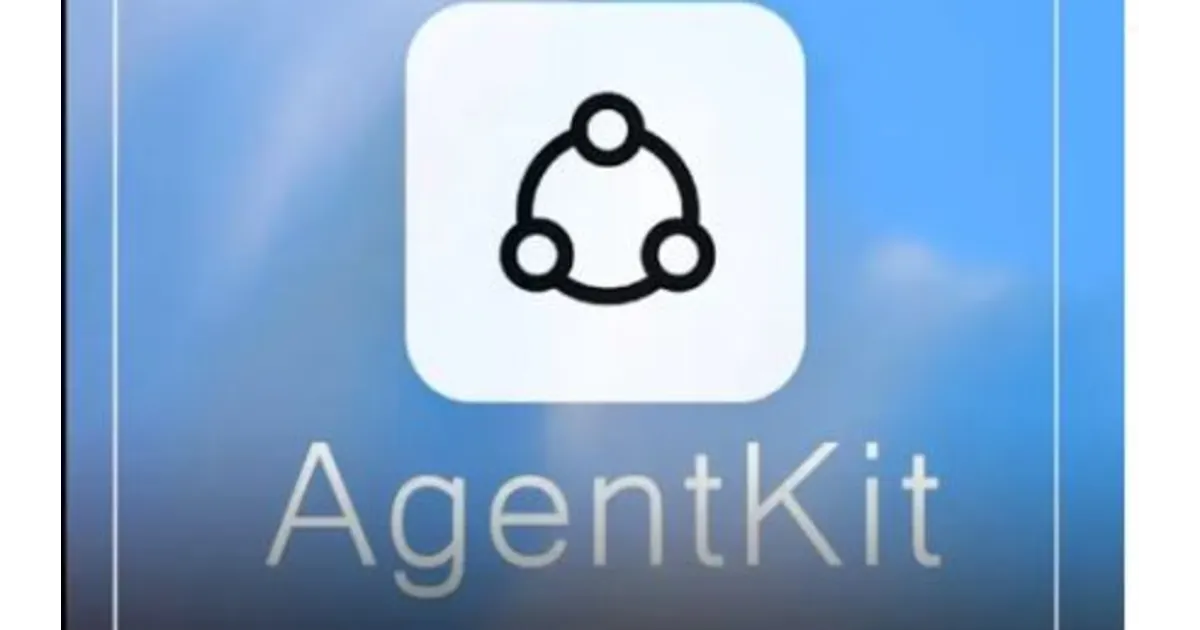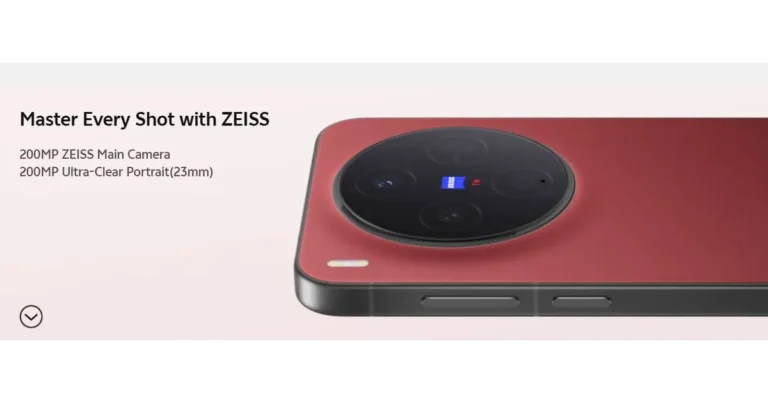
OpenAI has officially kicked off its highly anticipated annual developer conference in San Francisco, placing a sharp spotlight on innovation, productivity, and real-world deployment of AI technologies. While recent weeks were rich in consumer-focused announcements, including the debut of the Sora video creation app, today’s reveals were laser-focused on empowering developers to build transformative applications directly atop OpenAI’s expanding platform.
Introducing AgentKit: A No-Code Future for AI Agents
Democratizing AI Development
In his keynote, OpenAI CEO and co-founder Sam Altman articulated a clear vision of AI’s evolution: from tools that answer questions to autonomous systems that act on behalf of users. But despite the hype around AI agents, he noted, few have actually reached production. Why? The complexity of orchestration, tool integration, UI design, and evaluation often creates insurmountable barriers for most developers.
That’s where AgentKit enters the scene — a no-code agent builder that empowers developers and enterprises to create functional, context-aware AI agents (or even multi-agent systems) with just a few clicks.
Enterprise-Ready Integration
AgentKit is being positioned as an enterprise-first solution. It seamlessly connects with external data sources such as Google Drive, Dropbox, Microsoft Teams, and SharePoint. It also supports third-party Model Context Protocol (MCP) servers through a built-in registry, allowing for flexible data integration.
Still, while it provides guardrails like jailbreak detection and PII (Personally Identifiable Information) protection, it may fall short of full-scale enterprise platforms like OutSystems or Mendix, which include deeper governance, security, and audit features.
Built-In Testing and Evaluation
AgentKit isn’t just about building — it’s about ensuring reliability. OpenAI has integrated it with its existing Evals platform, allowing developers to test prompts, evaluate model behavior, and refine outputs before launching to production.
ChatKit: Taking AI Agents Into Production
To complement AgentKit, OpenAI unveiled ChatKit, a developer toolkit designed to embed AI agent experiences into existing applications. This addition significantly simplifies the deployment process. Companies like HubSpot have already adopted ChatKit to streamline both internal workflows and customer-facing services, such as AI-powered support agents.
Apps in ChatGPT: A Game-Changer for User Experience
Conversational Interfaces Meet App Functionality
In another bold move, OpenAI introduced apps within the ChatGPT interface (currently excluding users in the EU). With this feature, users can directly invoke third-party apps via natural language, enabling an entirely new class of interactive AI-driven experiences.
For instance, a user could say, “Zillow, show me homes in Portland under $500,000,” and immediately receive a visual map and listings inside the ChatGPT interface. These app experiences are powered by OpenAI’s Apps SDK, an open-source toolkit built on top of Anthropic’s MCP protocol.
Seamless Integration and Personalization
Apps SDK enables developers to design both the logic and UI of their applications, complete with user authentication. This allows for personalized, premium experiences while maintaining security and access control.
Early app partners include Booking.com, Canva, Coursera, Expedia, Figma, Spotify, and Zillow. OpenAI has announced that a curated app directory is on the way and will soon open to third-party developers.
The Challenge of App Discovery
Despite the impressive features, one challenge looms: discovery. Historically, developer platforms like those for Alexa and Google Assistant struggled because users didn’t know what was possible. OpenAI says it plans to solve this by proactively suggesting services — but that introduces questions around fairness and competition among similar tools.
Some skepticism remains among developers, particularly after OpenAI’s earlier “GPTs” feature for in-chat apps faded into relative obscurity.
Codex GA, SDKs, and Real-Time Models
Codex: Now Generally Available
The company also officially launched Codex, its AI coding assistant, into general availability. Alongside this release is a new developer SDK and Slack integration, allowing engineering teams to embed Codex’s capabilities into CI/CD pipelines and internal tools. Initially available in TypeScript, support for other languages is coming soon.
More Efficient AI Models
Two new models were also introduced:
- gpt-realtime-mini – a low-cost, real-time voice model that’s 70% cheaper with minimal performance loss.
- gpt-image-1-mini – an image model that boasts 80% lower costs compared to larger models.
These releases reflect OpenAI’s commitment to scalable, affordable AI deployments for developers and enterprises alike.
GPT-5 Pro Enters the API
For teams seeking cutting-edge performance, OpenAI has made GPT-5 Pro available through its API, unlocking advanced capabilities for high-demand applications.
Final Thoughts
OpenAI’s latest announcements signal a clear direction: a future where developers are empowered not just to experiment with AI, but to build, scale, and embed AI deeply into real-world products and services. From no-code agent creation to fully conversational app experiences, the ecosystem is growing rapidly — and the barrier to entry has never been lower.




